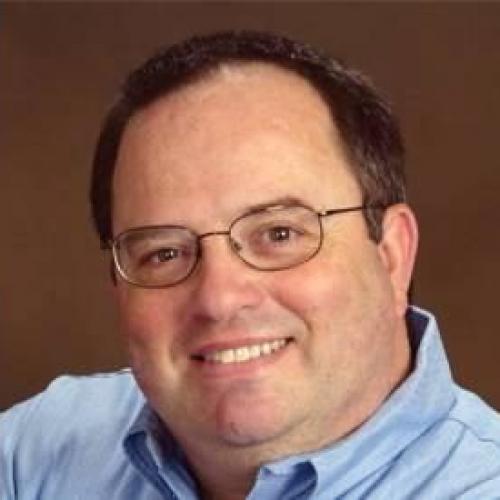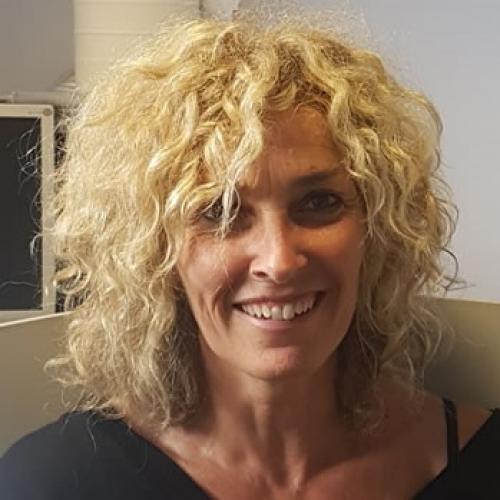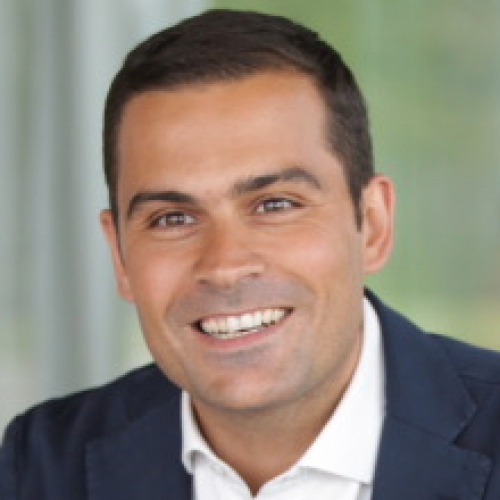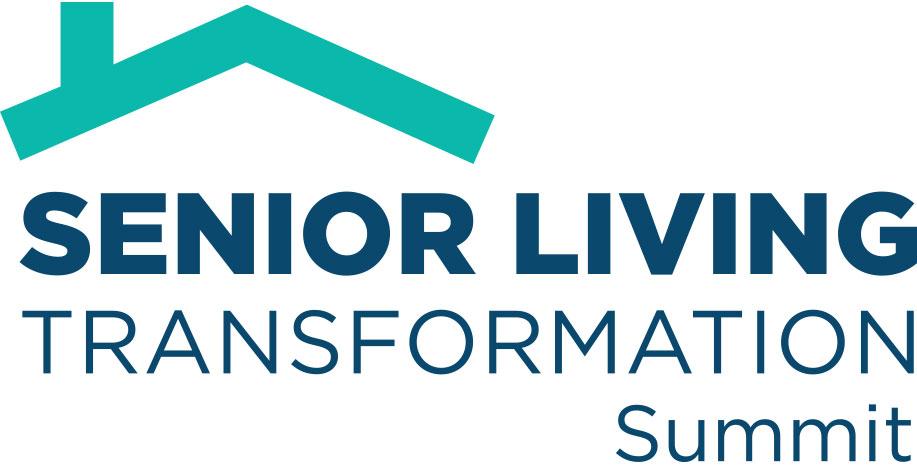
Garrett Smallwood

Dr Emily Stein

David Sprinkle

Edith Filaire
Edith Filaire obtained her PhD from the University of Clermont-Ferrand in 1997. She has worked in major French universities (Lyon 1, Clermont-Fd, Orleans-Paris Saclay). From 2006 to 2018, she was full Professor and -co director of a Research laboratory at Orleans-Paris Saclay. Her research focused in nutrition- health and used a psychophysiological approach .
Currently, she is scientific director of the GREENTECH GROUP, including 4 companies (Biovitis, Greentech, Greensea and Mapric). In this Group, she develops thema about biology, neuroendocrinology and psychophysiology, nutrition-health, and the relationship between gut microbiota, pulmonary microbiota and lung cancer. She is author/co-author of more than 125 contributions to scientific international journals and 4 chapter books. Recently (7th November 2018: Lisbonn), she was nominated for the Women in Tech International Award that recognises people around the world who innovates, inspires and transforms the technology.

Lada Rasochova

Danielle Sobel

Fabrizio Cecchinelli
Fabrizio Cecchinelli joined Technogym in 2005 and has held a number of positions from R&D in biomechanics and physiological testing of equipment to marketing and sales helping Technogym switch from product selling to solution selling. Today Fabrizio is a Group Product Manager for strength, functional and biomedical equipment. He has lead the development of the most immersive and effective training experience in the industry - SKILLATHLETIC. Fabrizio holds an M.S. in Exercise Physiology.

Ryan McGuigan
Ryan is a Principal at Rx3, responsible for managing all aspects of the fund’s investment process, including sourcing, diligence and portfolio management. Previously, Ryan was an associate on the consumer and retail team at Carlyle Group, where he focused on evaluating new investments and supporting the management team at NBTY, a portfolio company. He also worked as a summer associate for CircleUp Growth Partners, an early-stage consumer fund. Ryan began his career as an investment banking analyst at Morgan Stanley focused on the consumer and retail sectors. He earned his undergraduate degree from Harvard and his MBA from Stanford’s Graduate School of Business.
